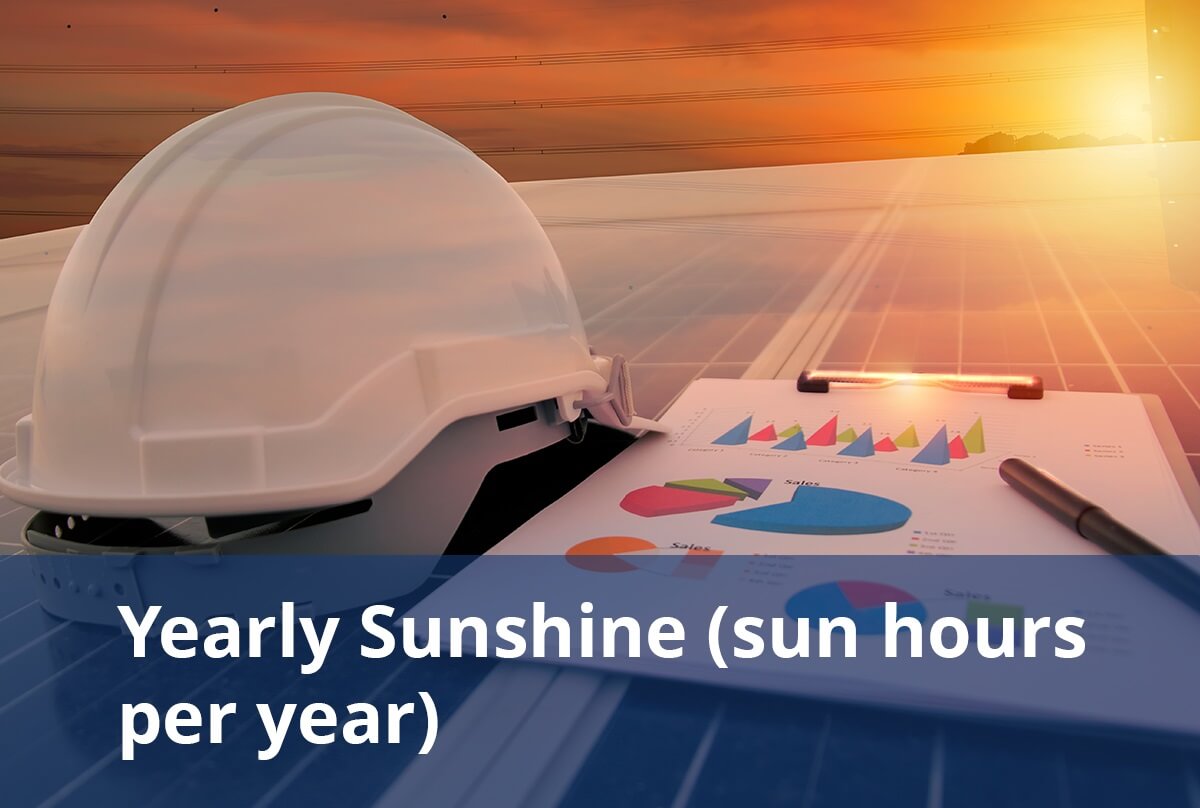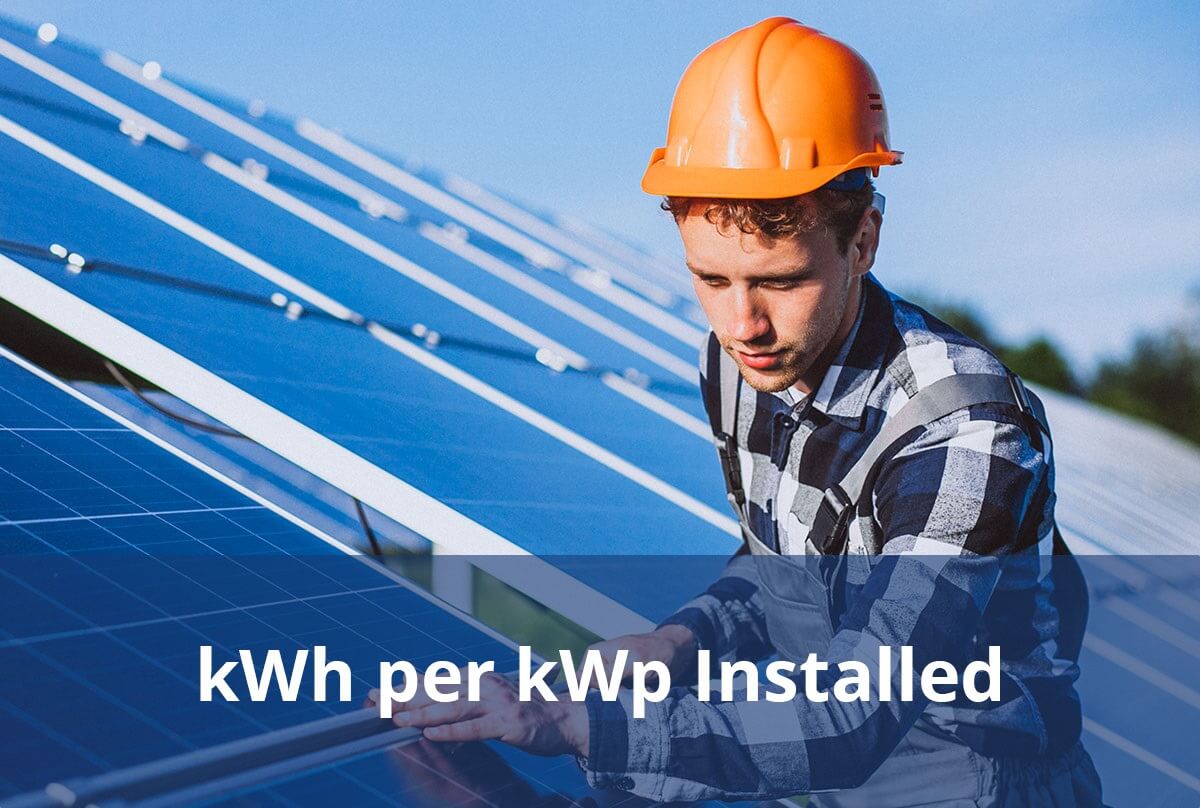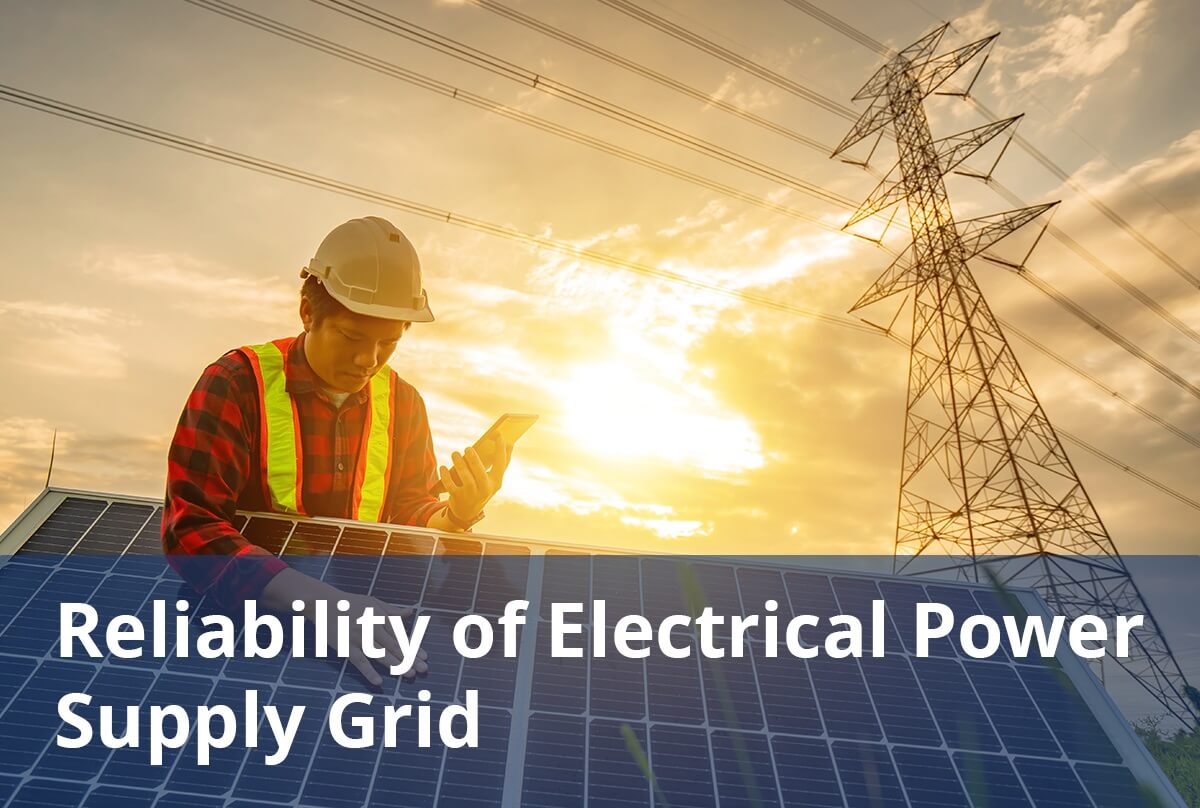Gain comprehensive insights into the statistics and metrics surrounding the solar production industry in Burundi

Sign Up Below to Access Our FREE Solar Module Production E-Course
Burundi Solar Report
Gain comprehensive insights into the statistics and metrics surrounding the solar production industry in Burundi
Key points
Yearly sunshine (sun hours per year)
Burundi receives an average of 2,242 hours of sunshine per year. This is equivalent to about 6 hours and 8 minutes of sunshine per day on average.


kWh per kWp installed
The annual average potential for photovoltaic (PV) energy generation in Burundi is estimated to be between 1,387 kWh/kWp to 1,606 kWh/kWp.
Average cost per kWh from utility company
The average residential electricity tariff in Burundi is among the highest globally, reaching up to 0.31 $/kWh for higher consumption levels.
For commercial consumers, rates range from 11.1 to 22.7 $/kWh, depending on usage.


Reliability of electrical power supply grid
The electricity supply system in Burundi suffers from high technical and non-technical losses, estimated to be between 20% and 30%.
The country experiences a notable electricity supply deficit, which fluctuates between 12.9 MW during the wet season and 23.5 MW during the dry season, primarily due to reduced capacity of hydropower plants. This situation leads to frequent power outages, severely impacting businesses and households. Many firms resort to using backup generators, which can cost between 0.40 to 0.50 $/kWh to operate, thereby affecting their profitability and competitiveness in the market.
Detailed Information
Burundi currently has approximately 9 MW of installed solar photovoltaic (PV) capacity.
Burundi’s total solar panel production capacity is projected to be around 16.5 MW by the end of 2024.
Hydropower dominates the market, with a cost of approximately $0.062 per kWh.
Burundi’s electricity generation is dominated by renewable sources, particularly hydropower:
Burundi is one of the least electrified countries in the world, with only about 11% of total population having the access to electricity.
The average daily availability of electricity from the national grid in Burundi is approximately 8 hours.
The exact number of residential solar kits installed in Burundi is not currently available.
Burundi currently has one major installed solar farm, the 7.5 MW Mubuga Solar Power Project, which has been operational since 2021 and provides over 10% of the country’s electricity. There are plans to double its capacity, indicating future expansions are projected.
Burundi has inaugurated 11 new mini-grids, each with a capacity of 60 kilowatts, as part of its sustainable energy development initiative, significantly boosting rural electrification. This project aims to provide reliable electricity to approximately 15,000 people in remote communities, fostering economic growth and improving quality of life through renewable energy sources.
The penetration of quality-verified off-grid solar products in Burundi is very low, with only an estimated 50,000-100,000 products sold to date across the country, representing only 5% of the potential market. Nearly all of the systems sold so far have been entry-level products like pico lanterns, with almost no uptake of larger solar home systems (SHS).
Burundi’s on-grid solar market is in its nascent stages, with around 9 MW of installed solar PV capacity as of 2023. The government is actively promoting solar energy through initiatives like the National Electrification Strategy, aiming to increase access to electricity, particularly in rural areas. The market is expected to expand as regulatory frameworks improve and financing options become more accessible.
However, challenges like high upfront costs, lack of technical expertise, supply chain issues and security concerns hinder faster adoption.
The current population of Burundi is 14,106,998.
Estimate for Factory Rent
Indicative price range for warehouse rentals in Burundi is from $3 to $8 per square meter.
Industrial Electricity Rates
For commercial consumers, electricity tariffs in Burundi are:
Water Costs
Based on the sole available data, the average water tariff in Burundi is approximately 0.35 $/m3.
Salaries and Wages
Worker of solar industry in Burundi earn between $274 and $425 monthly, depending on the position.
Rent for Office Space
In Burundi, the average rental price for commercial office spaces is ranges approximately from $4 to $15 per square meter.
Insurance
The average spending per capita in the Insurances market is estimated to be $17.94 in 2024.
Energy Mix
Burundi’s energy consumption is heavily reliant on biomass, which accounts for approximately 94% of total energy consumption. The primary sources include:
The electricity generation capacity is primarily from hydropower, which represents about 95% of the total national generation capacity. The country has significant potential for hydropower, with an estimated 1,700 MW of resources, of which 300 MW is economically exploitable. Diesel and thermal power are used as temporary measures to bridge gaps in supply.
Less than 1% of the population has access to clean cooking solutions.
Infrastructure and Interconnections
Burundi’s electricity infrastructure faces significant challenges, including:
Export and Import
Burundi imports electricity primarily from the DRC, with 3.5 MW sourced from Ruzizi I and 12 MW from Ruzizi II. The reliance on imported electricity highlights the vulnerabilities of Burundi’s energy supply, particularly during periods of drought that affect hydropower generation.
Policy Goal
The Burundian government has set several policy goals to improve the energy sector:
Electricity Law of 2015: This law established a framework for private sector participation in the energy sector. It includes simplified authorization procedures for mini-grids, facilitating the development of solar energy projects by private entities. This regulation aims to encourage investment in off-grid solar solutions, particularly in rural areas.
National Electrification Strategy: The government has launched this strategy to increase access to electricity, especially in rural regions, through renewable energy sources, including solar. This strategy emphasizes the importance of solar energy in diversifying the energy mix and improving energy access.
Quality Standards: Although there have been issues with low-quality solar products in the past, the government is working towards establishing quality standards for solar equipment to ensure reliability and durability.
Capacity Building: Recognizing the need for technical expertise in the solar sector, the government is collaborating with international organizations to provide training programs aimed at developing local skills in solar technology installation and maintenance.
Despite these regulations and initiatives, several challenges remain:
Investment Incentives: The government is actively promoting investment in the solar industry by simplifying regulations and providing incentives for both local and foreign investors. This includes efforts to reward investors and foster public-private partnerships (PPPs) to develop solar projects.
Solar Energy Project in Rural Communities (Soleil Nyakiriza): Launched by the Ministry of Hydraulics, Energy and Mines (MINHEM), this project aims to increase access to electricity through solar energy. It is financed by the World Bank and includes a $17 million fund specifically designed to provide affordable access to off-grid solar products for 65,000 households. This initiative also targets the distribution of 300,000 improved stoves for efficient cooking, addressing both energy and environmental concerns.
Solar Energy and Clean Cooking Fund (FESEC): This fund is part of the Solar Energy Project and is aimed at providing grants to private sector companies involved in the production, distribution, and financing of certified quality off-grid solar products. The FESEC fund has three funding windows: start-up grants for new SMEs, growth grants for established businesses, and result-based financing that subsidizes beneficiaries based on sales and installations. This structure encourages investment in solar technologies while promoting female entrepreneurship.
World Bank Initiatives: The World Bank’s Solar Energy in Local Communities Project aims to expand access to energy services for rural households, enterprises, schools, and health centers. The project has allocated $102 million to improve energy access, with a significant portion directed towards household solar systems. This initiative is expected to benefit around 90,000 customers and create economic opportunities in rural areas.
Gigawatt Global Solar Plant in Mubuga
Community Solar Initiatives
Doubling Capacity of the Mubuga Plant
National Electrification Strategy
Gigawatt Global
ITCO Solar Energy
KLK
MARS Solar
Voltalia
Inspired Evolution
Sesma Burundi
Solar News Related to Burundi

Your First Step In Solar Production
In 2021, the global market size of solar power was valued at 167.83 billion USD, and it is projected to grow from 234.86 billion USD in 2022 to 373.84 billion USD by 2029, exhibiting a CAGR of 6.9% during the forecast period.

Premium Business Plan E-Course:
3 Weeks to a Perfect Solar Module Production Line
Low and High Budget Solar Panel Production Service

Turnkey Services:
We take care of all the planning and services needed for your turnkey solar module production line

Premium Support for Solar Panel Production Line
Solar Power Plant Service
We can help you start your own solar module production company. With our 100% turnkey service, we will deliver the needed machines, do a technology transfer, provide expert and excellent support, and help you with the know-how needed to start even if you don't have any previous experience in this industry.
Session expired
Please log in again. The login page will open in a new tab. After logging in you can close it and return to this page.